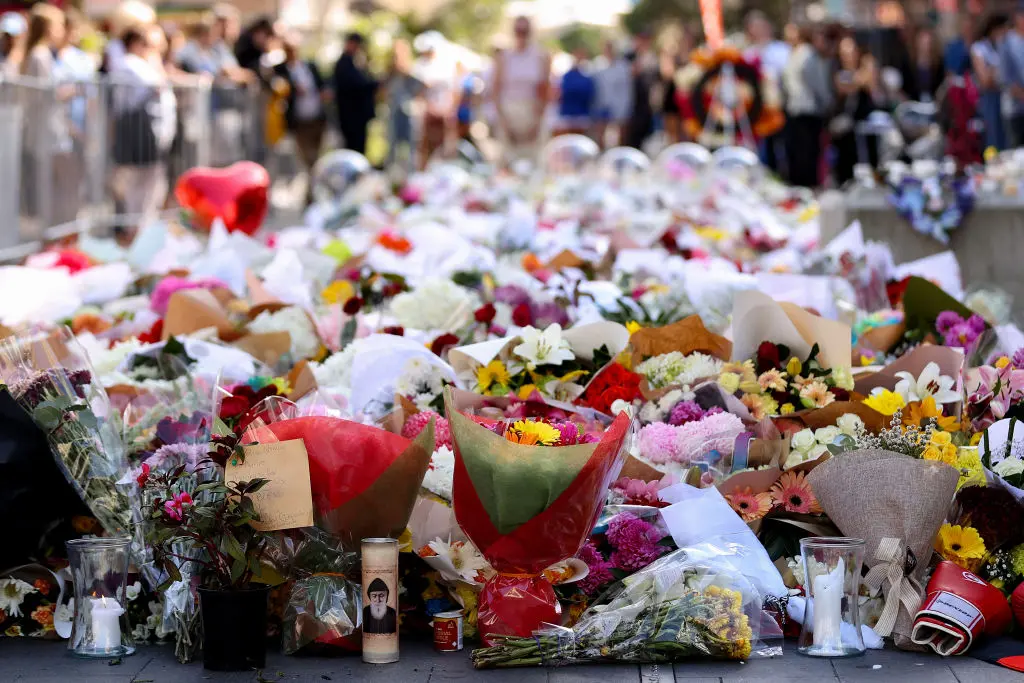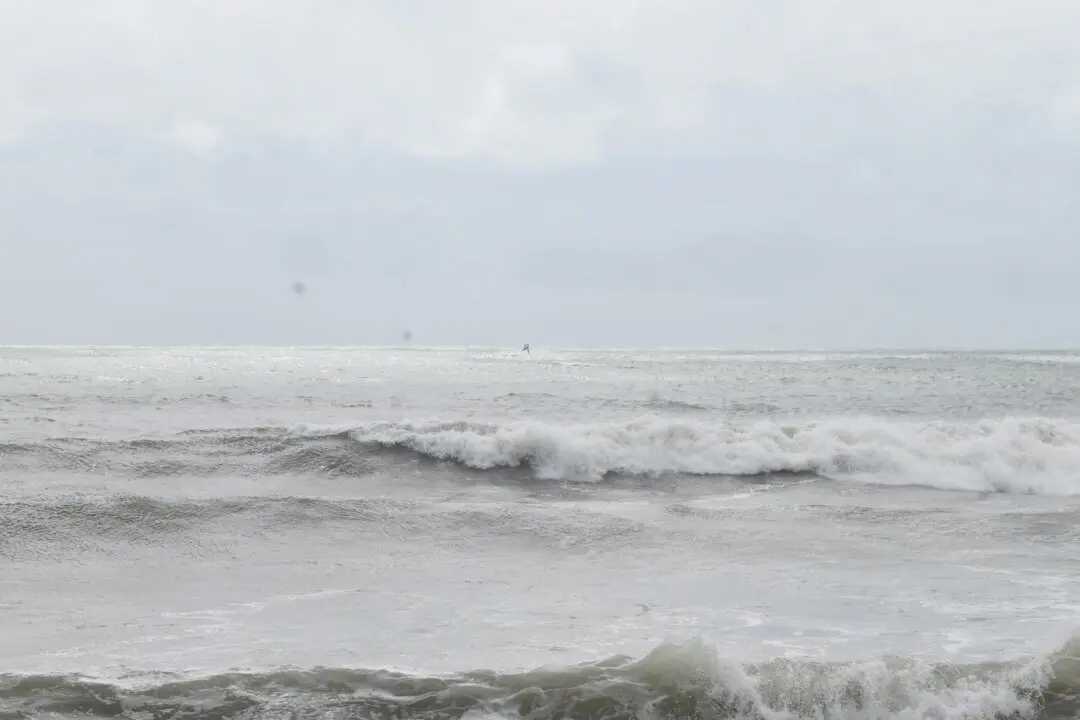The sharing of non-consensual “deepfake” sexually explicit material may soon be illegal in Australia.
It’s a move that has been welcomed by the Australian Information Industry Association (AIIA), which say the specific laws will strike the right balance between targeting the dangers of artificial intelligence (AI) without hindering the development of AI in Australia.





